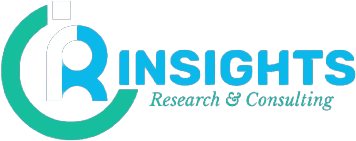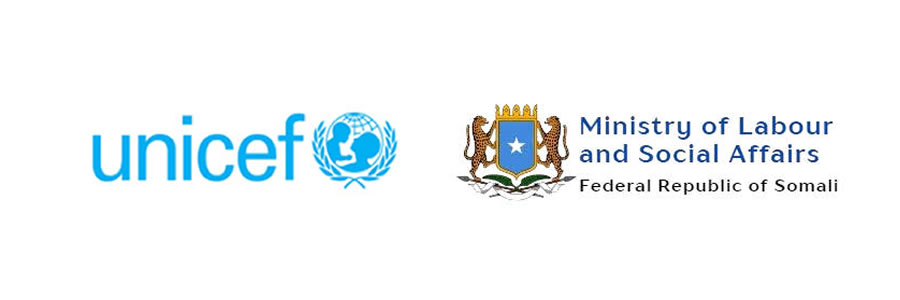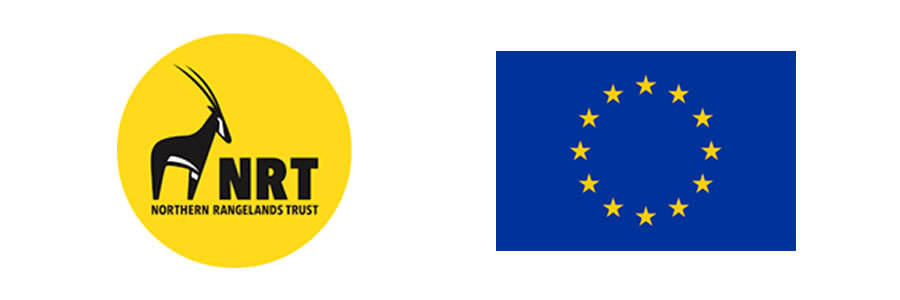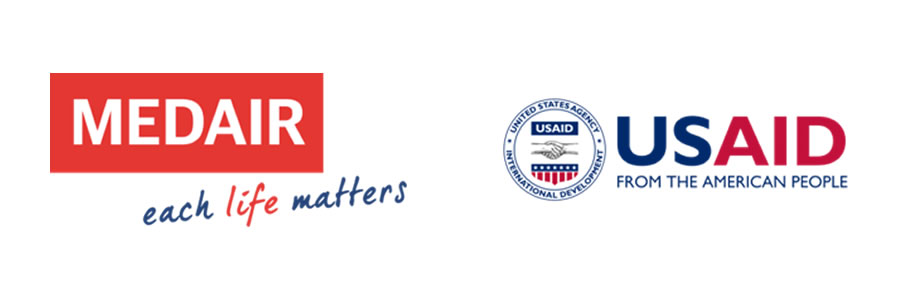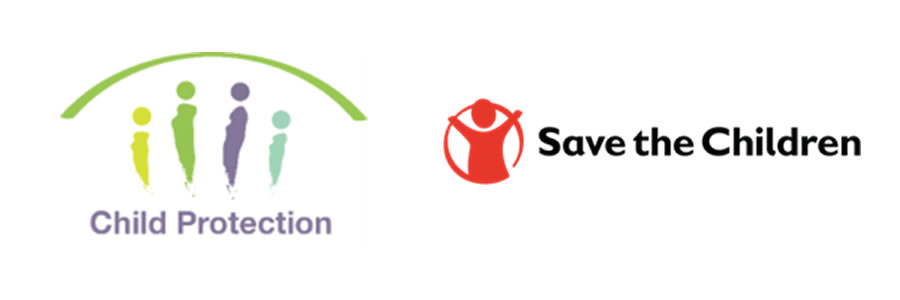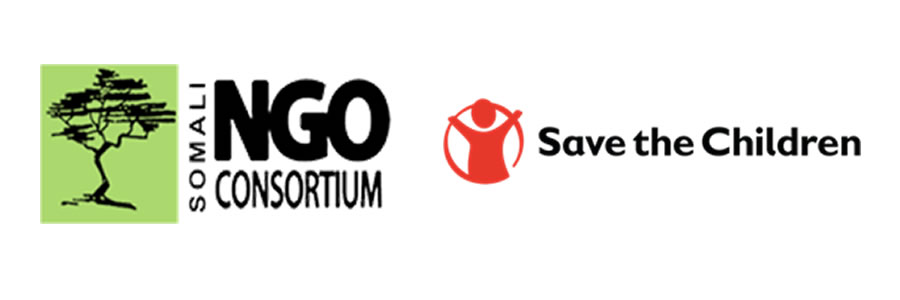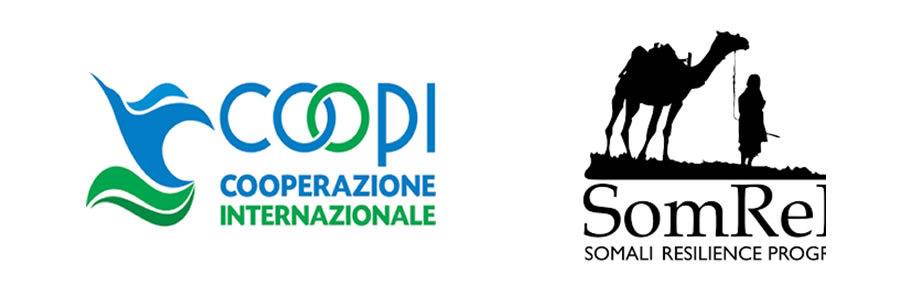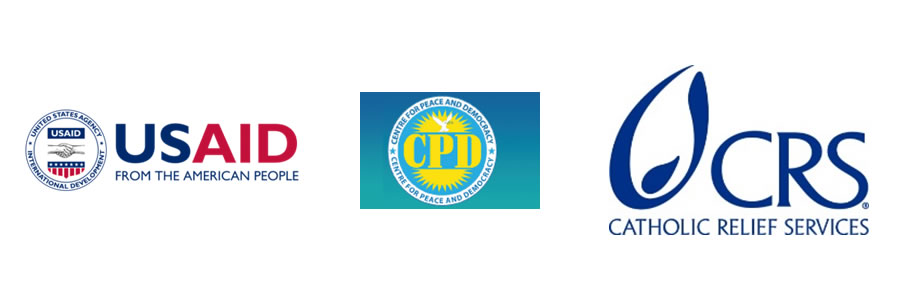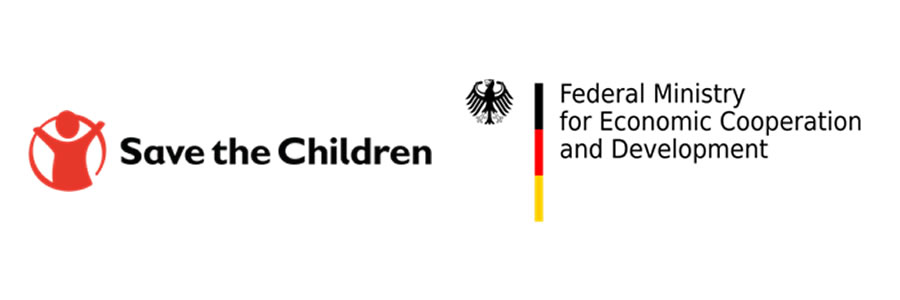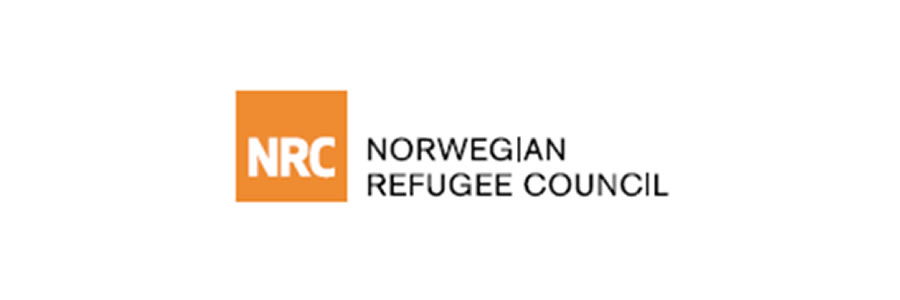USR Household Data Collection
USR Household Data Collection aims to collect socio economic household data in two districts in Somalia. This will be done using the USR systems will be deployed to collect socioeconomic information on households in accordance with the approved operations manual and data protection operational guidelines.
[showhide]
The USR collects information on households that can be used to estimate the welfare of each household. The information is collected in the “Common Registration Form” (CRF), a comprehensive questionnaire that registers socio-economic household data.
INSIGHTS, a third-party research and data collection agency, has developed a methodology and a detailed plan to collect the household socioeconomic data for this initiative through a socio-economic household survey using the standard common registration form (CRF)
[/showhide]
